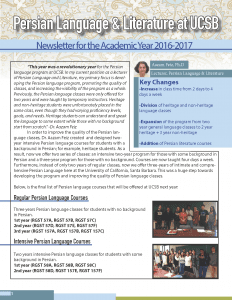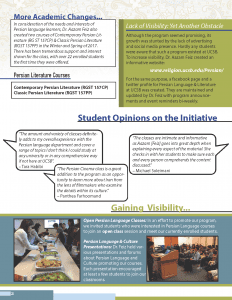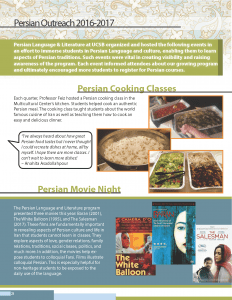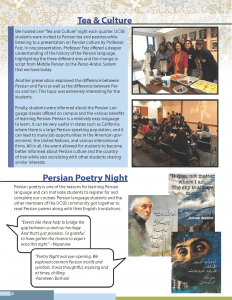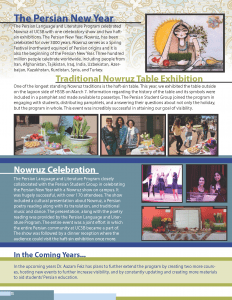University Center
University of California, Santa Barbara, Isla Vista, CA 93117
USA
Call for Papers | Conference Schedule
An Interdisciplinary Conference at the University of California, Santa Barbara
Accommodation of religion in the public sphere has often been a source of contention in the American context. Historically the Supreme Court of the United States has made clear that the separation of church and state must be preserved at almost all cost. However, this position has been increasingly challenged over the last thirty years. Since the Equal Access Act was legislated in 1984 –which guaranteed public school student groups, whether religious or secular, equal access to meeting spaces and school publications — the practice of public accommodation has burgeoned. And the very legislation that Christian groups lobbied for in order to insure that high school students could hold after-school Bible study groups on public school property was subsequently also used to insure the right to form gay student alliances and to form campus groups that focused on any religion or on secularism. In a similar vein, laws guaranteeing religious freedom have been used to demand accommodations of religious objections to, and exemptions from, valid public policy (e.g., the Affordable Care Act). These and many other examples suggest that accommodation has become a new front in the culture wars and implicate important questions about freedom from religion as well as the freedom to act on the basis of religious beliefs.

Keynote Speaker is Winnifred Sullivan, Professor and Chair, Department of Religious Studies at Indiana University-Bloomington, and Affiliated Professor of Law, Maurer School of Law.
We invite papers that engage with the theme of public accommodation of religion, particularly as it comes into conflict with the values of equality and/or nondiscrimination. The conference will explore this topic from various disciplinary standpoints, such as history, law, political science, religious studies, sociology, ethics, public policy, or others. Possible topics may include, but are not limited to:
- the projected effects of the Hobby Lobby decision for RFRA laws at federal and state levels
- how religious freedom is represented through various types of media, including social media
- how a variety of religions and denominations have been understood in legal cases
- critical perspectives on concepts of religious freedom, freedom of conscience and accommodation
- ramifications for health care, public safety, the workplace and other issues we’re facing today
- the various ways in which law intersects with religion and health care
We welcome proposals from established scholars, graduate students, and independent researchers.
Please e-mail an abstract of 300 words to Kathie Moore by March 6, 2015. Please attach your abstract to your email in a Word or pdf format, and include your full name, home institution, and stage of your career (predoctoral, postdoctoral, early career, etc.).
Notifications will be mailed by March 16.
Limited financial assistance may be available based on need.











